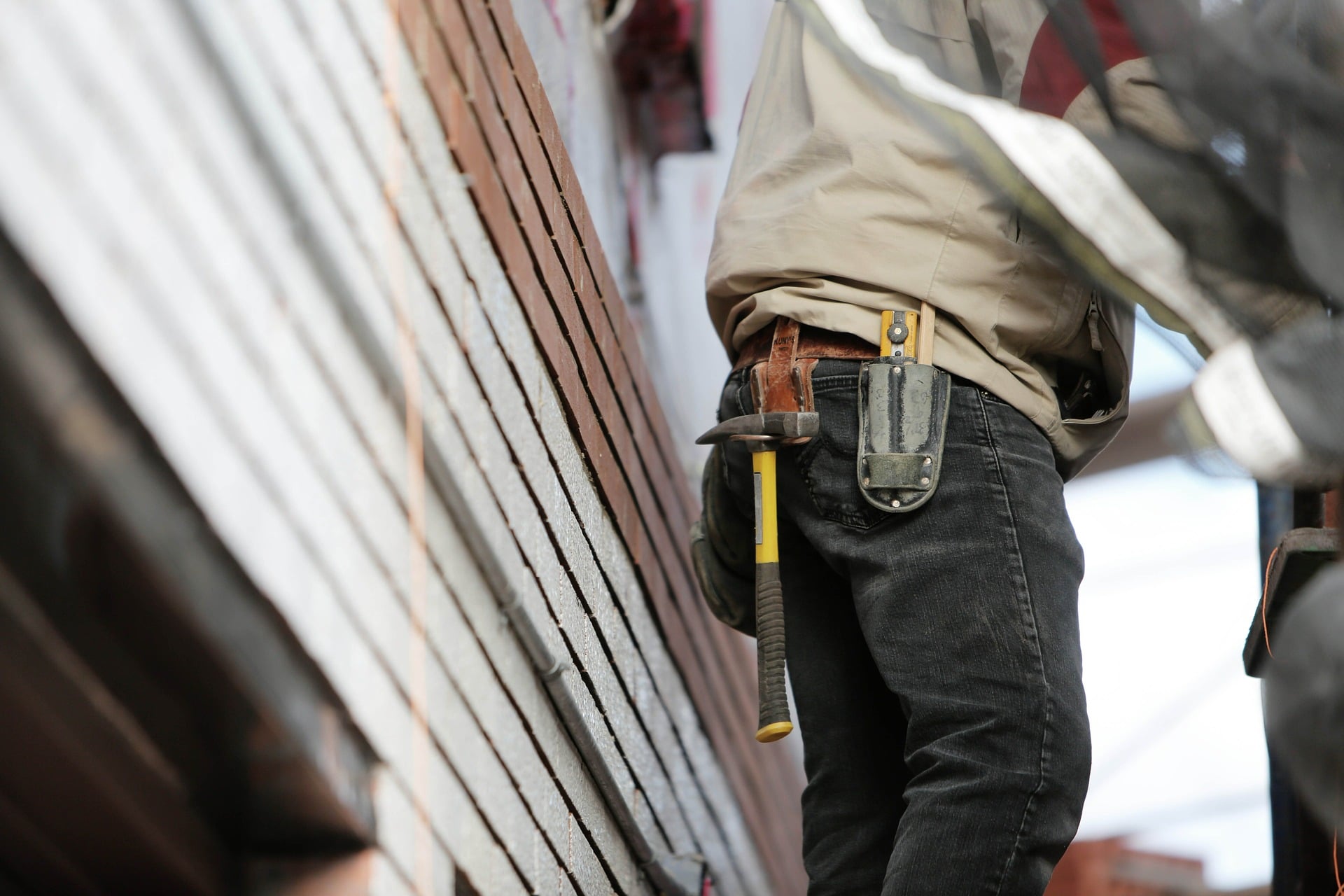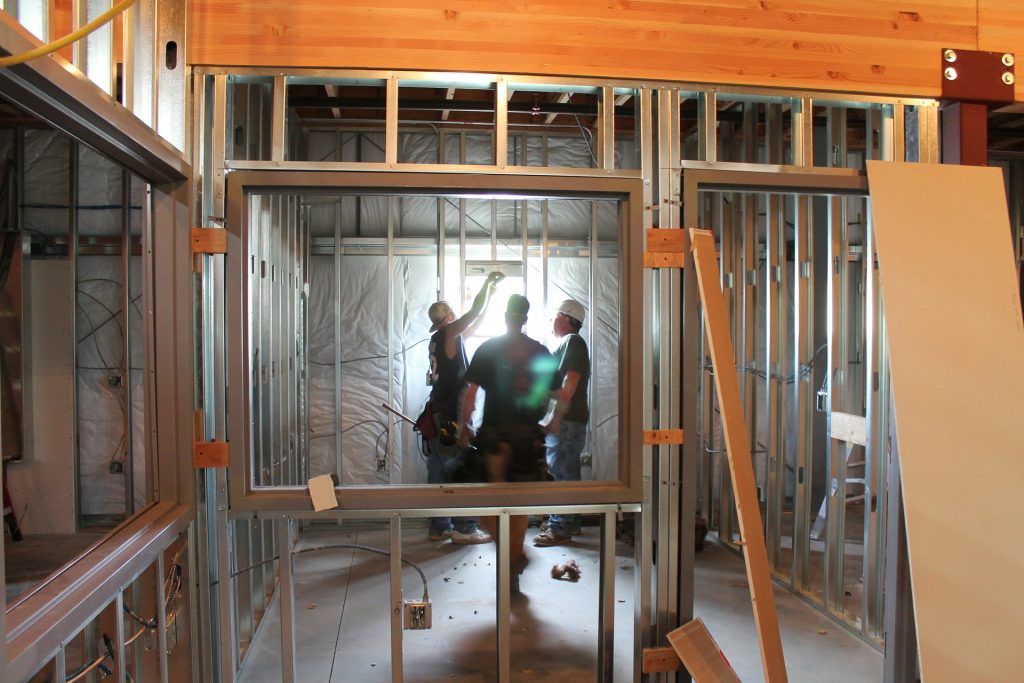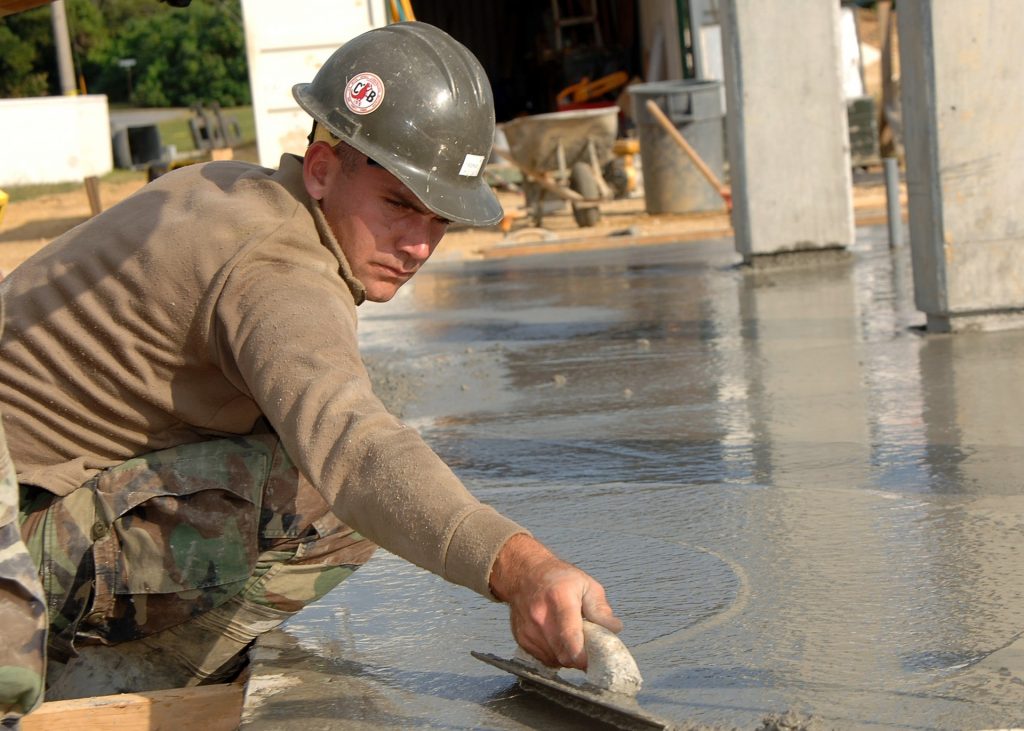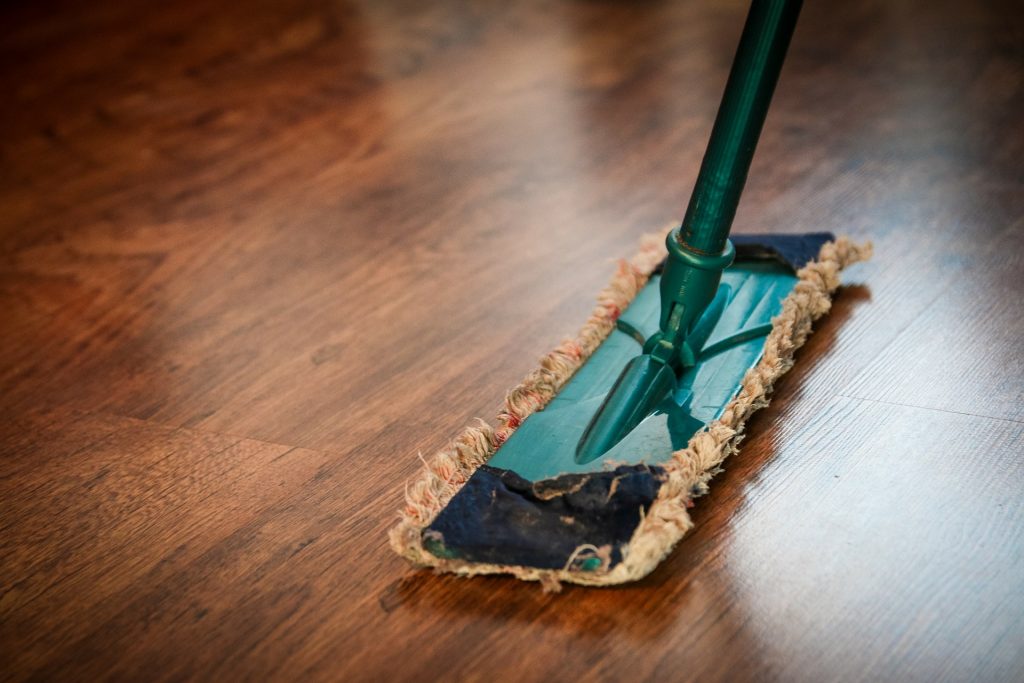
26 May Premature Construction
Before a hammer flies, be sure you’ve covered all the bases
You’ve finally took the steps necessary to get your home modification project off the ground. You’ve hired the right people which were looking for construction jobs and now the clock is counting down to when your home becomes a partial construction zone. You may be feeling overwhelmed, but don’t put it out of your mind, that would be counterproductive. Now’s the time you need to get ready! Procrastination has no place when preparing for a construction project. It’s all about preparation. Cast denial aside and embrace this endeavor with all you’ve got.
And you can do so by following a few basic steps.
Initially, you should make a list. Everything that you will potentially need to have onsite when the crew begins working should be recorded. Ask yourself, have you ordered all the parts you’ll need? Do you have all of your deliveries scheduled and know when each appliance is set to arrive? Do you plan on hiring heavy equipment and scaffolding rental services? Circumstances will be much different after work begins, you will be inundated with distractions. You want to minimize potential frustrations such as going out of your mind while you frantically look for stuff. Make that list and confirm that everything is accounted for. Also make sure that your contractors are able to do their work efficiently with the use of equipment from Bautrockner mieten Stuttgar.
Overcome any confusion with your contractor. Confirm that you are on the same page and you communicate clearly with each other. By doing so, you will ensure that your expectations are realistic. You tell him what you want and he’ll be honest about what’s possible. By properly managing your outlook, the process will be a much smoother one.
There is an abundance of issues to consider and address. First establish how long the construction process is projected to last?
What about health related issues, how will he handle dust control? How thoroughly will the construction zone be sectioned off from the rest of the home? Does he plan to park a dumpster outside? What is the system for debris removal and garbage management? In every construction, a third party such as https://eagledumpsterrental.com/ should be involved to dispose of all waste from the construction so that work can continue without interruption. You can also consider looking for the cheapest skip bins Central Coast to help with all the disposal.
You’ll also need to let him know what area the crew are allowed, and where is off-limits. You’ll need to make at least one bathroom available to them, advise as to which. Where can they do prep work such as cutting wood or tiles? Be sure to communicate your cleanup expectations as well. If you don’t, you could be dealing with a growing environment of debris that they don’t plan to dispose of until the end of the job. Are there potentially hazardous products used that will make it necessary to vacate the home? How long will that be necessary? Specific details such as these, alarm codes, and even having keys made – all should be addressed before work begins.
Courtesy extends even further than between you and the workers, you need to let your neighbors in on your plans. They wouldn’t appreciate the sudden appearance of crews with no knowledge of how long they’ll be around. Establish polite open dialogues with them and let them know they may come to you if any issues arise as a result of the work. Anything – from noise to blocking the street – can be unpleasant to others. Always try to be reasonable and understand the cause from where complaints and concerns emerge.
You may even want to schedule a time for you and your professional collaborators to meet each week. This will give you an opportunity to discuss progress, outlook and concerns.
Other preventive measures you should take include doing some spring cleaning. You’ll want to separate items you need for the duration of the job from items you’ll want protected from the oncoming dust.
Instead of plopping a bunch of stuff in a box, carefully and rationally select just what you’ll need, housewares such as forks and mugs, and all perishables you intend to consume. Meanwhile gather the items you won’t be using and organize them in storage bins where they will be better protected from the environment that is most likely about to be polluted.
Lastly, you’ll want to set up a temporary kitchen. Even if you live alone, you will ultimately appreciate that you took the time to do this. If you have a family, it is practically mandatory. And you want to do it proper. First, movie the fridge in there (the contractor can help you if necessary). Create a cooking and prep station that has a microwave, toaster oven, cutting board and perhaps a hot plate nearby. Store the food you rescued from the pantry in plastic bins and keep them out of the way when not in use– perhaps under the table.
Be sure to set aside plenty of napkins, paper plates and cups, and utensils. Tell the kids it’s like having a picnic indoors. They likely already associate the paper tableware with parties, and are having fun with it all. Share in some of their good humor and expect a smooth ride – you did everything necessary to ensure it!






Sorry, the comment form is closed at this time.